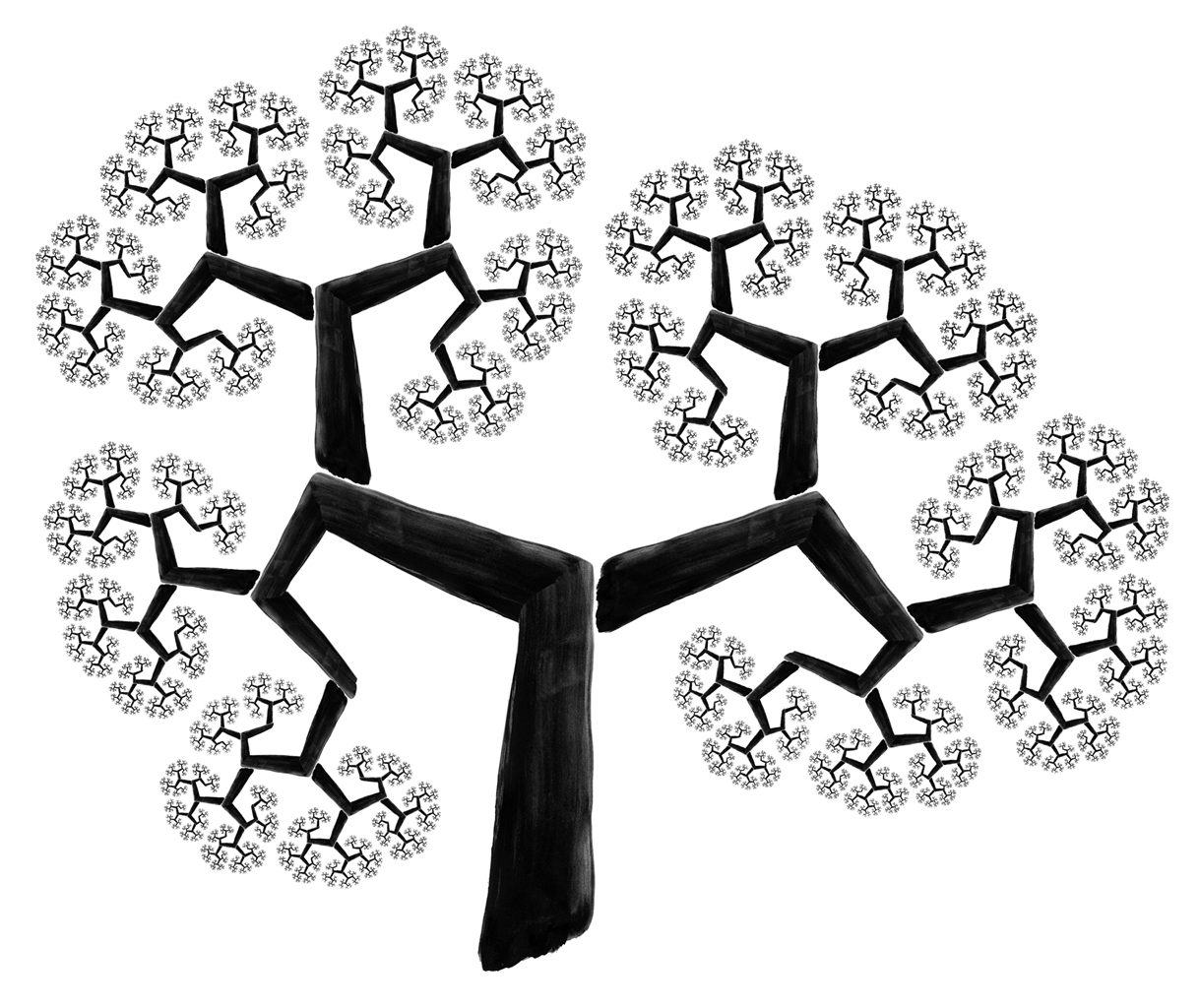
MySQL Leader Percona Takes Aim at MongoDB
The company driving the MySQL database today unveiled a plan to go after MongoDB’s business with a drop-in replacement for the popular document-oriented NoSQL database. The new strategy is the result of Percona’s acquisition today of TokuTek, which owns exclusive commercial rights to the patented Fractal Tree indexing technology.
Up to this point, Percona has kept a relatively low profile as the brains behind MySQL. While the open source relational database is owned by Oracle, many of the fixes and enhancements that Oracle ultimately adds to MySQL originate with the developers at Percona, which develops its own drop-in replacement for MySQL called the Percona Server.
Percona has quietly built a solid reputation around MySQL for its development and commercial support business. But with its acquisition of TokuTek–and specifically its drop-in replacement for MongoDB called TokuMX–Percona is ready to branch out into the broader database market and take on the biggest dog in NoSQL.
It’s all about better serving the data needs of customers, wherever that may take you, says Percona CMO Jim Doherty.
“We’re noticing that our customers, rather than just standardizing on a particular database and then trying to solve as many problems as they can, there’s really a migration where they want to choose the best tool for the job,” Doherty tells Datanami. “We see a lot of instances where our customers are adopting other technologies. They might be using MySQL, but they’re also using NoSQL and NewSQL and Hadoop and Cassandra.”
As they adopt other database technologies, they’re looking to a trusted provider to make all the various technologies work well together. With its acquisition of TokuTek, Percona has taken the first step toward becoming that trusted provider.
“Not only do we feel we can help our customers better solve problems with the right tool for the right job, but a big part of the consideration is getting these all to work in harmony,” Doherty says. “We think there’s a lot of need in the marketplace as this best-in-class tool adoption becomes more prevalent, that somebody has to make sure that everything works together.”
Percona isn’t the only vendor to see that integrating big data technologies has become a major sore spot among customers. Last year, it was none other than MongoDB that expressed the same thoughts when it partnered with Hadoop distributor Cloudera. “All the enterprises know is they’ve got a big data problem,” MongoDB’s VP of marketing and business development Matt Asay told us last year. “They say, ‘People tell me to use Hadoop or MongoDB, or X,Y, or Z technology. I don’t want technology problem. I just want to fix this data problem.’”
The other noteworthy aspect of Percona’s acquisition of TokuTek is the Fractal Tree indexing technology that it obtained as part of the deal. Developed by researchers at MIT, Rutgers, and Stony Brook, Fractal Tree indexes provide a more optimized path to store and retrieve certain types of data. By replacing the B-Tree indexes at the heart of MySQL (and most other databases, relational or not) with Fractal Tree indexes, customers routinely see a 3x to 10x performance benefit, according to TokuTek.
TokuTek used that Fractal Tree technology to develop two storage engines, including one for MySQL called TokuDB, and another for MongoDB. Keep in mind that just last month, MongoDB adopted the same type of plug-in architecture that MySQL has used for years, in hopes of attracting outside developers to create speedier and more sophisticated database engines. (It’s unclear what TokuTek called the name of its Fractal Tree-powered storage engine for MongoDB. In any case, the TokuMX offering is a full drop-in database replacement for MongoDB that also includes the Fractal Tree-powered storage engine.)
Interestingly, another vendor, Deep Information Sciences, just unveiled a (supposedly) much speedier replacement for the B-Tree indexes in MySQL just last week. While Deep IS isn’t using Fractal Trees—a term that TokuTek had copyrighted—it is touting similar types of performance and storage benefits for MySQL that TokuTek (and now Percona) are talking about. In the coming months, Deep IS plans to offer a similar storage engine for—you guessed it–MongoDB.
With more than 1,000 customers, MongoDB is the early leader in the NoSQL space. But that success has made it a target, not only for other NoSQL database companies like Datastax and Couchbase, but for vendors like Percona and Deep IS that think they can offer something that MongoDB doesn’t.
The idea is to provide more alternatives to MongoDB to customers requiring NoSQL solutions. “Culturally we stay away from disparaging our competitors,” Doherty says. “We have a high degree of confidence in who we are and we’re very comfortable in that space. We’re well regarded as being thought leader, technology experts, and we think we can bring that same level of performance, service, and integrity to this space, or we wouldn’t go in it. We think we have a lot of customer who know us and are comfortable with us, who are currently using MongoDB or are considering NoSQL, and we think we can serve an alternative.”
Related Items:
Deep Gooses MySQL Performance with New Database Math
MongoDB Goes Pluggable with Storage Engines
Big Data Confusion Drives MongoDB and Cloudera Together































